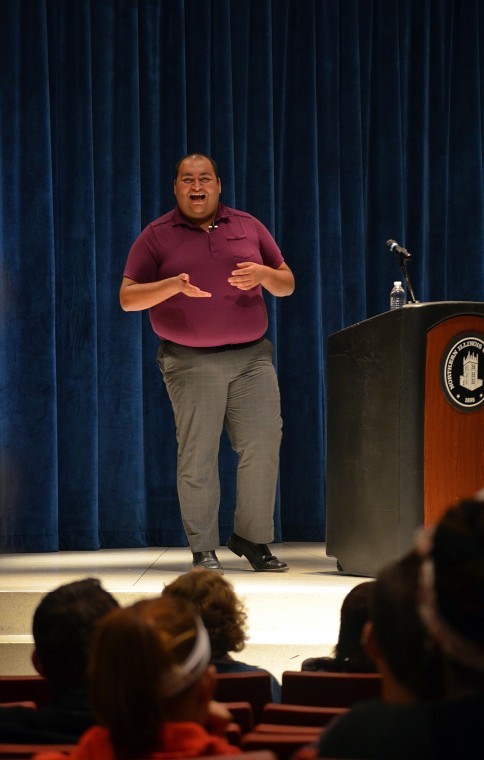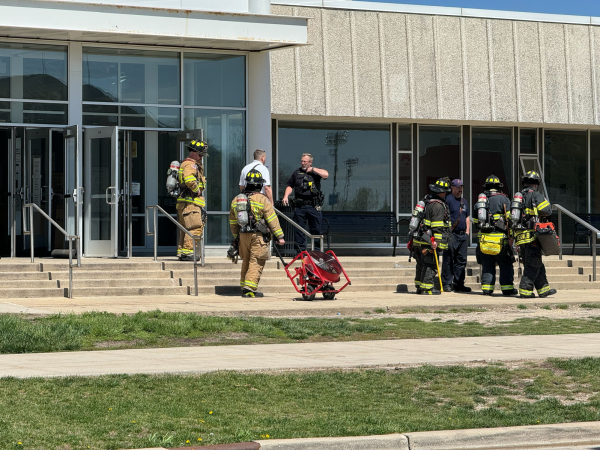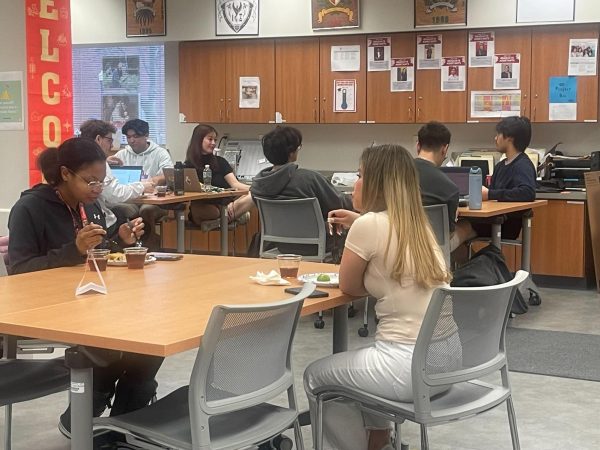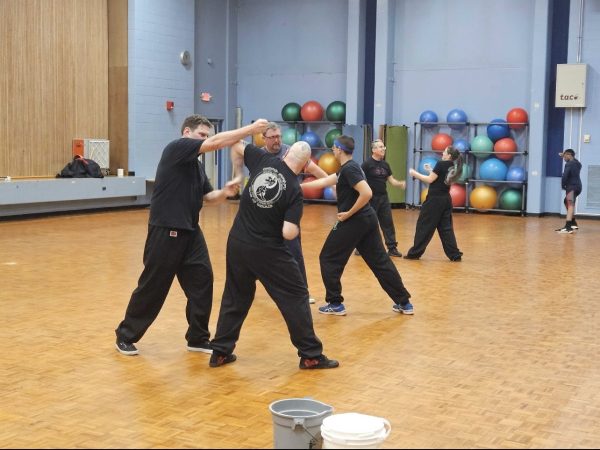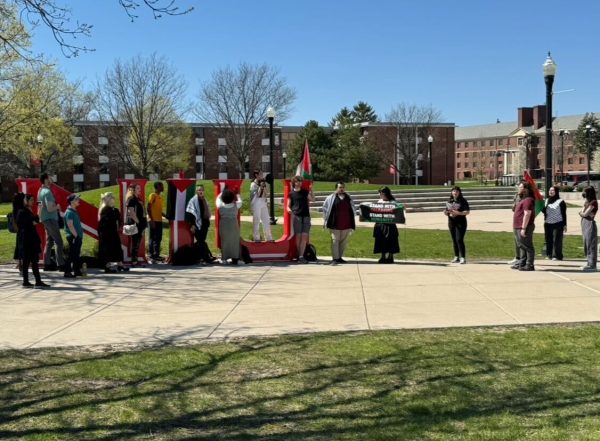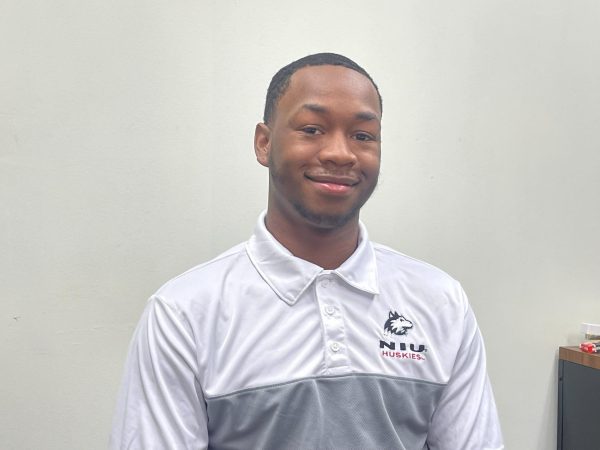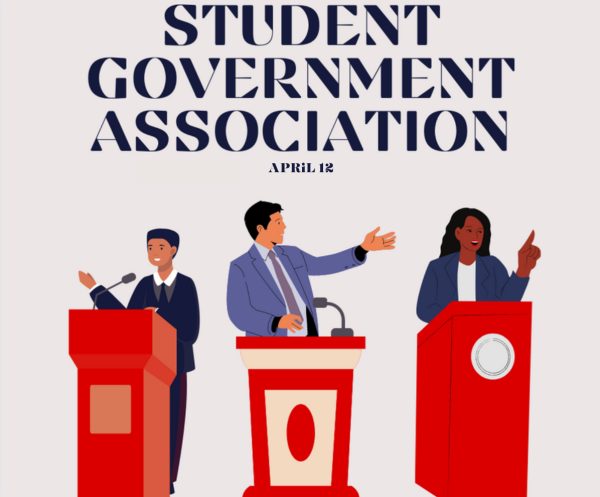Speaker opens up on identity
The Latino American Association invited 22-year-old Daniel Hernandez Jr. to speak about his struggles and successes as a Latino and gay man. Hernandez spoke in the Holmes Student Center’s Carl Sandburg Auditorium on Monday.
October 16, 2012
Daniel Hernandez Jr. decided he wanted to help people when he was 5.
When he was just a boy, he split his head open and had to go to the hospital. After getting five stitches, he had the chance to shadow a doctor for about a half an hour. This sparked an interest in medical practice.
That medical knowledge came in handy when Hernandez helped save the life of former U.S. Rep. Gabrielle Giffords when she was shot before giving a speech in Tucson, Ariz., on Jan. 8, 2011.
Hernandez came to the Holmes Student Center’s Carl Sandburg Auditorium on Monday to share how he saved Gifford’s life, and also how he dealt with his Latino and gay identity. The speech was hosted by the LGBT Resource Center and the Latino Resource Center.
Molly Holmes, LGBT Resource Center director, said Hernandez was a good candidate to speak at NIU.
“It’s great seeing someone with multiple identities share their story,” Holmes said. “He shows one more way to be Latino and one more way to be LGBT.”
Hernandez, who studied political science at the University of Arizona, talked about how he was an intern for Giffords during the attempt on her life.
While waiting for Giffords to speak on Jan. 8, 2011, he heard four or five shots ring out. He saw Giffords take what he assumed was a defensive position, but then noticed she had been shot in the head. Hernandez had taken medical emergency classes and rushed to Giffords.
He talked her through what was going on because she was wanted to know. He reassured her he would contact her family so they wouldn’t have to hear about the shooting from the news, and he kept her calm until help came.
By the end of the day, six people had died from the shootings.
Hernandez said he learned a few things from this event. He learned his education is important and can be useful in a situation he never thought would require it. He also learned kindness and humility are important.
“We need to think about what we say and how we say it,” Hernandez said. “For us, it’s really easy to make a snarky comment, but it’s a lot harder to think, ‘Hey, instead of doing that, think about how it will hurt the other person.’”
Lastly, he learned it is important to be involved in the community. Community is important to show people they are alike.
Hernandez said he enjoys coming to schools and talking to students.
“I get to find out what’s going on around the country and what people are working on by sharing stories and being able to meet people,” Hernandez said.
Hernandez said he doesn’t let being Latino and gay define him. Freshman journalism major Reynaldo Sustaita said he learned from the speech that he shouldn’t let being Latino define him, either.
Hernandez said he has a book coming out in February 2013 called They Call Me Hero. But other than that, he is just like any other college graduate.
“I’m just like everyone else, trying to figure out what my next steps are,” Hernandez said. “I’m in the same boat as a lot of you.”


